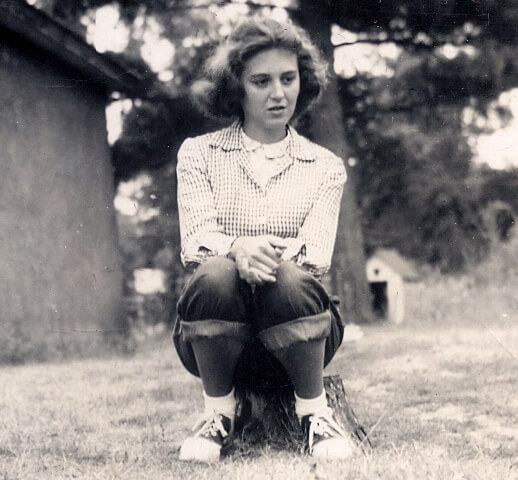Note from the Publisher: This piece belongs to the Merion West Legacy series, referring to articles and poems published between 2016 up to Spring 2025.
Winds of the Great Shame

“And as she lay on her death bed, as she must have felt a cancerous tumor slowly taking her life, she would also have looked around her and seen the stern and damaged but also joyous legacy she would leave behind.”
Timeless reading in a fleeting world.
Journalism
Commentary
Poetry
Merion West is an independent publisher, celebrating the written word since 2016.
Join Now
$3/month Free
If unable to pay, click here.

